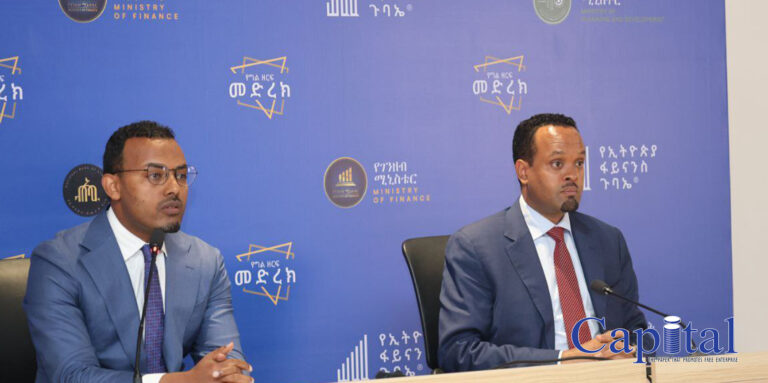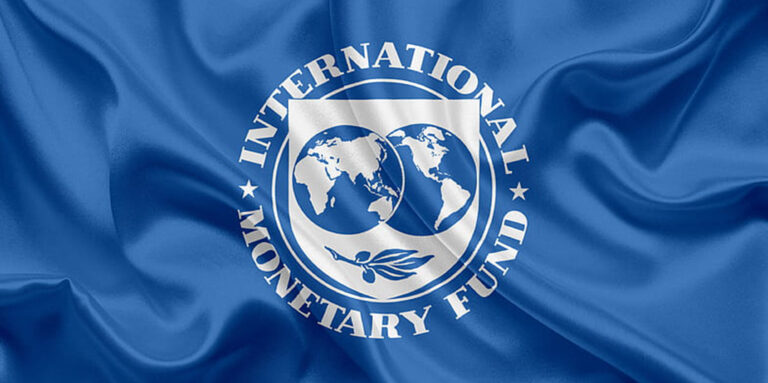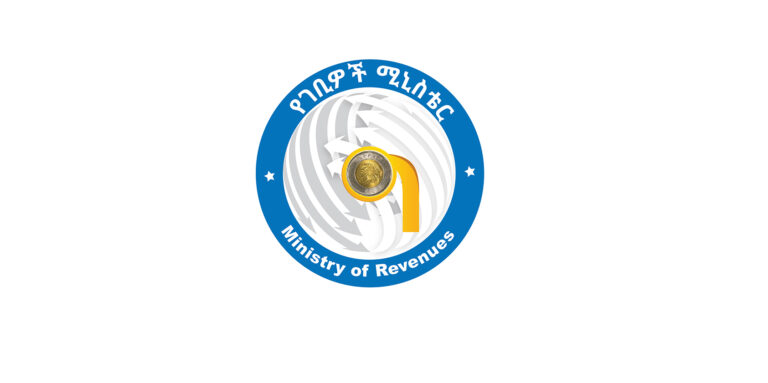High effective tax rates on low-income earners in Ethiopia’s personal income tax (PIT) system may discourage formalization, a new report reveals.
Ethiopia’s PIT system imposes high effective tax rates on low-income earners, risking the discouragement of formalization and causing firms and workers to remain in the informal sector.
According to the latest tax evaluation paper from the International Monetary Fund (IMF), “this, in turn, further erodes the tax base.”
Unlike most economies, where tax revenues from income, profits, and capital gains contribute positively, Ethiopia’s revenue from these sources remains weak despite sustained economic growth.
A recent IMF report evaluating Ethiopia’s tax system found that while PIT rates are close to the regional median, revenue collection is among the lowest in low-income sub-Saharan Africa (SSA).
The PIT system follows a progressive rate structure, with rates ranging from the current 15% (previously 10%) to 35% (excluding exemptions), placing it in the middle range compared to other low-income SSA economies.
However, PIT revenue as a share of GDP falls in the 25th percentile among low-income SSA countries, highlighting a significant gap between tax policy design and actual revenue performance. The IMF suggests that this underperformance may stem from distributional issues within the PIT framework.
The report explains, “The tax-free threshold is set very low, and the top marginal rate applies at relatively modest income levels. As a result, a large portion of formal wages is taxed at the highest rate, which may undermine perceptions of fairness and weaken compliance incentives.”
The IMF further warns that this perceived inequity—combined with high effective tax rates on low-income earners—could discourage formal employment, pushing both businesses and workers to remain in the informal sector and further shrink the tax base.
Additionally, the report notes that personal and corporate income tax revenues in Ethiopia show weak responsiveness to economic fluctuations, a trend that diverges from patterns observed in other countries. This suggests structural inefficiencies in the tax system that hinder revenue mobilization even during periods of economic growth.
Despite strong economic growth in recent years, Ethiopia continues to underperform in tax revenue collection, missing critical fiscal resources that could support development without raising tax rates, according to the IMF.
Unlike most economies, where income and profit taxes increase with economic expansion, Ethiopia’s tax system shows a negative—though statistically insignificant—elasticity for income, profit, and capital gains taxes. This indicates that despite economic growth, these revenues have not increased proportionally, contrasting with trends in other low-income and emerging economies.
The IMF warns that this represents a missed opportunity, as a more responsive tax system could capture additional revenue without increasing tax rates.
While taxes on goods and services generally align with global trends—rising during economic expansions—Ethiopia’s VAT and excise collections remain weak. The IMF attributes this to structural issues, including excessive exemptions, poor compliance, and a large informal sector.
“VAT efficiency has historically been low and has been declining in recent years,” the report states.
The IMF estimates that Ethiopia could mobilize up to 17% of GDP in tax revenue—more than double the current 8% collection rate. Previous IMF research identifies a 15% tax-to-GDP ratio as a critical threshold for sustainable growth, but Ethiopia’s persistent shortfall leaves a gap of about 9 percentage points.
“This gap suggests significant room for improvement through better tax administration and compliance,” the IMF noted.
Structural factors significantly limit Ethiopia’s revenue potential. The economy’s heavy reliance on small-scale agriculture narrows the taxable base, while low trade openness—among the lowest in Sub-Saharan Africa—restricts customs and import-related revenues.
Although Ethiopia efficiently collects trade taxes relative to its trade volume, the overall contribution is minimal due to limited imports and exports.
The IMF highlights the urgent need for reforms to broaden the tax base, enhance compliance, and streamline exemptions. Without these measures, Ethiopia risks leaving substantial fiscal resources untapped, which could hinder funding for critical development projects.
With a trade-to-GDP ratio of just 32.1% (2023 estimate)—well below the Sub-Saharan Africa average of 50-60%—Ethiopia’s economy is less trade-dependent than its regional peers. Limited export diversification, foreign exchange shortages, and trade restrictions have contributed to this low openness, further reducing potential revenue from customs and import-related taxes.
Despite having statutory tax rates comparable to other low-income countries (LICs), Ethiopia’s actual tax collection is hampered by structural challenges, including a narrow tax base, a large informal sector, and administrative weaknesses in its intergovernmental tax system.
The IMF estimates Ethiopia’s tax effort—the ratio of actual collections to potential revenue—at just 51%, aligned with the LIC average but below the Sub-Saharan Africa benchmark. This indicates that the country collects only about half of what its economy could theoretically generate in taxes.
VAT revenues, a crucial indirect tax source, remain significantly lower than those in peer economies due to administrative inefficiencies and excessive exemptions. Meanwhile, trade taxes—once a major revenue source—have declined in tandem with shrinking trade openness.
The Ethiopian government is implementing reforms under the Homegrown Economic Reform Agenda (HGER), supported by the IMF’s Extended Credit Facility (ECF) program approved in July 2024. A key component is the National Medium-Term Revenue Strategy (NMTRS), designed to strengthen tax policy and administration.
While projections suggest gradual revenue improvements across major tax categories, the IMF cautions that total collections are unlikely to reach the 15% tax-to-GDP threshold—a critical level for sustaining long-term growth and achieving the Sustainable Development Goals (SDGs).
“Further policy and institutional enhancements will be required to sustain revenue mobilization efforts and reach this critical threshold,” the IMF stated.
The report emphasizes the need for Ethiopia to expand its tax base, reduce exemptions, and improve compliance—particularly in VAT and trade taxation—while addressing structural barriers like low trade openness and a large informal sector. Without these measures, the country risks ongoing fiscal shortfalls that could impede economic stability and development financing.






